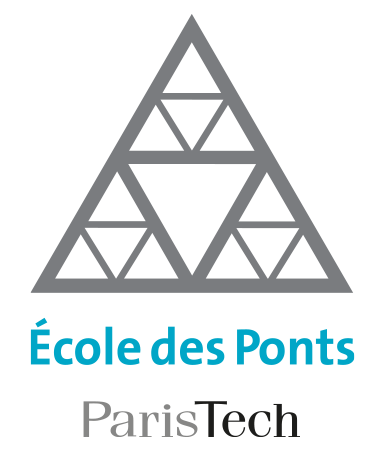WHAT
This course introduces solid materials and multilateral assemblies relevant to real applications, from the formulation to durability evaluation and control on the examples from aerospace, steel, automotive, paint and building industries. Physicochemical and mechanical aspects of durability of ceramics, polymers and multi-material assemblies are reviewed with introduction of the concepts from rheology, tribology and adhesion science. Selected analytical methodologies and industrial qualification tests relevant for these materials are presented. The intentions of this class are :
1) to extend the knowledge of our students about the relation between the chemical composition, processing, mechanical properties and durability, which are limited in general syllabus to steel and Al alloys, to other solid materials and assemblies (including polymers, ceramics, multi-materials) on the examples from real systems in different industries.
2) to illustrate the relations between different courses (materials, physical chemistry, organic chemistry, analytical chemistry) and their application to problems solution.
3) To introduce new concepts (tribology, rheology, adhesion) which are omitted in the cursus of our school but are present in the major part of engineering schools in order make our students more competitive. Each class consists of a lecture followed by one or two problems to solve by students. The solution can be given in a written form (short control without negative points but with positive points) or can be made in a form of discussion with an active participation of students. Lectures are organized in two block.
- Block 1: Mechanical stability 1. Mechanical properties of ceramics and polymers (introduction to rheology, role of chemistry and processing for mechanical properties, role of chemical composition and processing for mechanical stability). 2. Mechanical and physico-chemical stability of solid surfaces (introduction to tribology). 3. Mechanical and physico-chemical stability of interfaces (introduction to adhesion, surface treatment). 4. Physico-chemical aspects of mechanical stability of solids in contact with liquid phase (liquid metal embrittlement, Rehbinder effect, role of tensioactifs for machining,…)
- Block 2: Formulation, processing and control of multi-materials 5. Multi-materals and assemblies in aerospace, automotive and building industry: Examples of multi-material systems, function of different layers, formulation and processing of metallic coatings (galvanizing, aluminizing, …). 6. Multi-materals and assemblies for automobile: Formulation and processing of polymer coatings (EZ, clear coat, top coat…). 7. Multi-materials and assemblies for airspace: Formulation and processing of oxide coatings (anodizing, PEO, conversion coatings). 8. Materials for future (hybride materials). Methods of characterization of multilaterals and assemblies.





